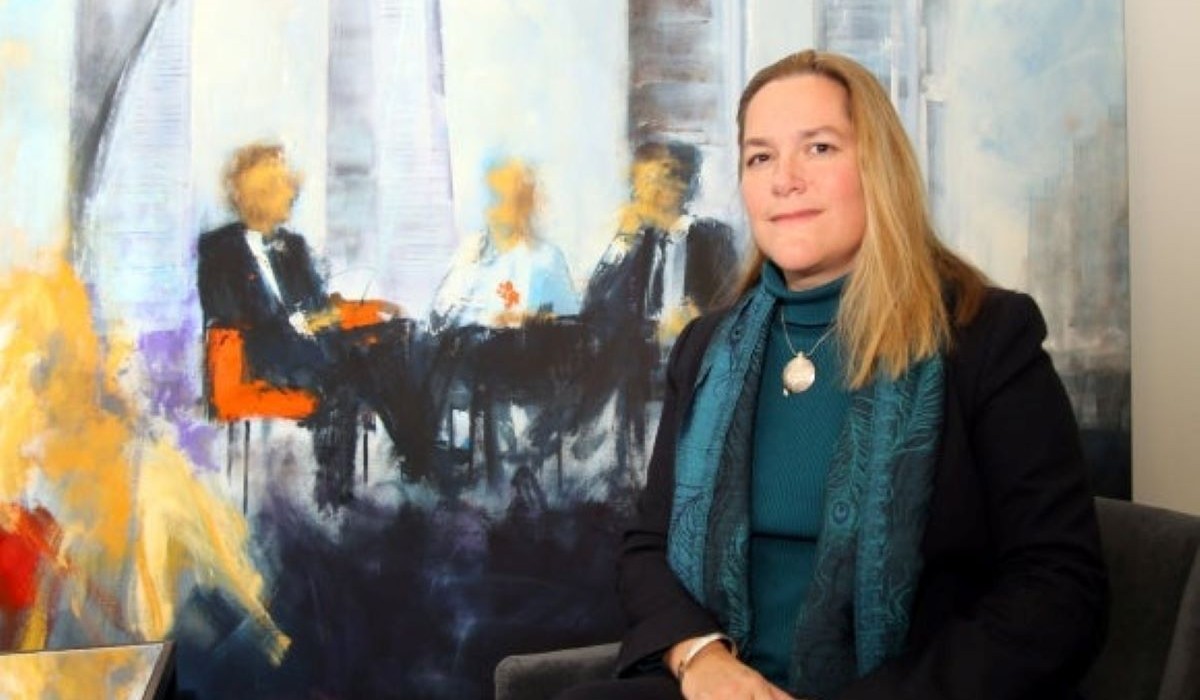Professor Cordonier Segger is one of the first University of Cambridge women and law and social sciences experts to receive the award.
Professor Marie-Claire Cordonier Segger, international legal and climate policy expert, has been awarded a prestigious two-year Leverhulme Trust Visiting Professorship. UK institutions grant the Professorship and invite an eminent researcher from overseas to enhance the skills and knowledge of the academic staff and/or students.
Professor Cordonier Segger is one of the first University of Cambridge women and law and social sciences experts to be awarded the Leverhulme Trust Visiting Professorship. In accepting the Professorship at Cambridge, she joins the Bennett Institute for Public Policy, and their partners across the University in Law, Land Economy and other faculties, in its aim of becoming a world-leader in achieving successful and sustainable solutions to some of the most pressing problems of our time, through a deeper analysis of the economic, social and political systems in which policy is developed.
Professor Cordonier Segger commented:
“Climate change is the justice challenge of our century. The international community needs brilliant, dedicated, hard, well-informed graduates, and world-class research, to deliver the law and policy innovations necessary for the transition to low-GHG emissions, resilient, sustainable development pathways.”
Professor Cordonier Segger is Lucy Cavendish Director of Studies in Law-LLM and MCL, as well as holding the post of Full Professor of International Law at the School of Environment, Enterprise and Development (SEED), University of Waterloo, Canada.
She is Executive Secretary of the United Nations Framework Convention on Climate Change CoP25 Climate Law & Governance Initiative, Senior Director of the Lauterpacht Centre for International Sustainable Development Law (CISDL) and advises several inter-governmental organizations on legal elements of climate change, biodiversity, natural resources governance and trade and investment. Throughout her illustrious career, she has published over 22 books and 80 papers, translated into six languages. She serves on the editorial boards of several law journals as well as several international experts commissions, lectures on international law and sustainable development.
In December 2020, Britain will host a UN climate conference at which the future direction of global efforts to avert the climate crisis will be shaped. The COP26 meeting will take place in Glasgow, and it is expected to be the biggest international summit to be hosted in the UK. The meeting is the most important round of UN talks since the global Paris Agreement to address climate change was secured in 2015. All of the world’s countries signed the Agreement, the central aim of which is to restrict global temperature rise this century to 'well below' 2°C above pre-industrial levels, and ‘to pursue efforts’ to limit warming to 1.5°C.
She said:
“The UK is hosting the next climate change conference of the Parties under the UNFCCC, and it's a crucial year - countries are being challenged to greatly increase the ambition of their climate actions, and to fully implement the Paris Agreement. The public Leverhulme lectures that I will be giving in Oxford, LSE, Cambridge, East Anglia and other universities, and also internationally, will highlight how law and governance can incentivise our global responses to the Climate Emergency, and how international law contributes to achieving the world's Sustainable Development Goals.”




